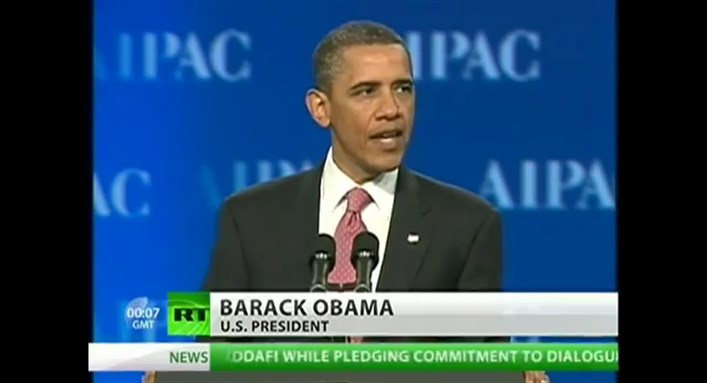[On Tuesday, 9 October, Tunisian blogger and activist, Lina Ben Mhenni, was awarded the "Prix alsacien de l`engagement démocratique" for her activities and involvement during the Tunisian Revolution. She blogs at A Tunisian Girl and also contributes to Global Voices.]
Samia Errazzouki (SE): Regarding the drafting of the new constitution, as a Tunisian woman, how do you respond to the proposed article 28 that defines women as complements of men?
Lina Ben Mhenni (LBM): The attacks against women, freedom, and human rights continue to multiply in Tunisia. And unfortunately, these attacks are coming mostly from the Tunisian government. This article 28 that discusses women in complementary terms to men instead of equal terms is revolting. I ended up protesting against this article on the streets during an unauthorized demonstration and ten policemen beat me. If I could do it again, I would, because in all the internationally recognized charters that speak of human rights, they always address the relationship between men and women in equal terms. Complementarity, as a term, is large and fluid--each individual can interpret it differently. What is the government seeking to achieve or prevent by using complementarity to define the relationship between men and women, instead of equality? Why make detours to avoid being honest?
SE: After a Tunisian woman was raped, then consequently charged with indecency, what was your reaction to the Tunisian government response?
LBM: Every time this incident comes up, I get goose bumps. I am truly shocked and disgusted by the government’s reaction. Here we have a woman who was raped by police officers--officers who are supposed to ensure security and protect citizens. Instead of taking care of the woman by providing either physical or psychological help, she was instead accused of committing a crime. They said they found her in an “indecent situation.” But even if she was found in an “indecent situation,” that does not justify the act of rape. It is not an excuse. I was truly shocked to hear this reaction of the spokesperson for the Ministry of Interior.
SE: What measures have been taken by activists and movements to continue placing pressure on the new government, and to push for change in Tunisia?
LBM: Like I previously said, we can deduct that despite the fact that this is an elected government, nothing has been done to construct a real democracy in Tunisia. A government that justifies rape is shameful. For me, it is no longer legal. Even if this government was democratically elected, it is not legal. What this demonstrates is that this government is incompetent and no measures have been set in place to address, for example, the socioeconomic conditions in Tunisia that continue to worsen. They are incompetent; they attack individual liberties and human rights. Recently, they even refused to include the matter of human rights in the constitution.
SE: What have you done to continue demanding for the initial causes of the uprising?
LBM: As a blogger, it is important for me that we first talk and discuss these matters. Then, march on the streets to demonstrate and continue placing pressure. Anytime there is a major issue, I try to go on the streets, talk to people, and to report all of this. I try to be objective, and when it is time to demonstrate on the streets, I am there to do so.
![[Lina Ben Mhenni accepting the \"Prix alsacien de l`engagement démocratique.\" Image from sweetpeasue/Flickr.]](https://kms.jadaliyya.com/Images/357x383xo/ScreenShot2012-10-15at10.53.21AM.png)

















